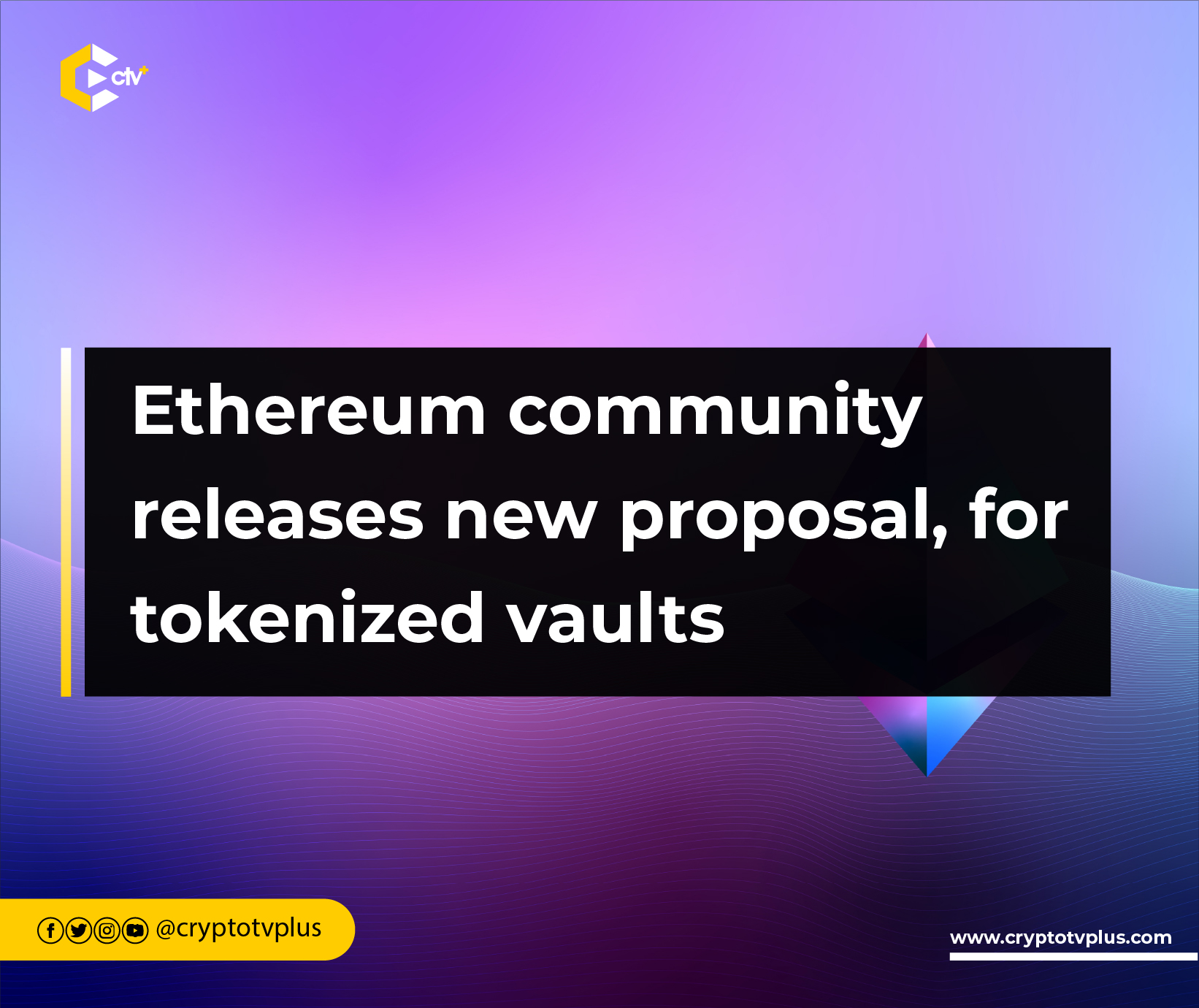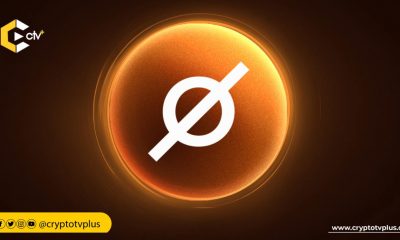News
Ethereum community releases new proposal, for tokenized vaults

The Ethereum community has unveiled a new proposal, the EIP-7540, to bring Asynchronous ERC-4626 Tokenized Vaults, expanding the capabilities of decentralized finance and smart contract systems.
This proposed standard offers support for asynchronous deposit and redemption flows, referred to as “Requests,” further enhancing the utility of the ERC-4626 Tokenized Vaults.
Ethereum Improvement Proposals (EIPs) are a set of standards that describe potential new features or processes for the Ethereum network. EIPs contain technical specifications for the proposed changes and act as the “source of truth” for the community.
Network upgrades and application standards for Ethereum are discussed and developed through the EIP process. Anyone within the Ethereum community has the ability to create an EIP, and guidelines for writing EIPs are included in EIP-1.
EIPs are the unit around which governance happens in Ethereum, and anyone is free to propose one. There are several types of EIPs, including Standards Track EIPs, Core EIPs, Networking EIPs, Interface EIPs, ERC EIPs, Meta EIPs, and Informational EIPs.
According to the community, ERC-4626 has played a crucial role in making yield-bearing tokens more composable in the world of decentralized finance.
However, this standard primarily caters to atomic deposits and redemptions up to a set limit. Once this limit is reached, no additional deposits or redemptions can be initiated.
Additionally, it noted that while this design suits many use cases, it poses challenges for systems with asynchronous actions, such as real-world asset protocols, undercollateralized lending protocols, cross-chain lending protocols, liquid staking tokens, and insurance safety modules.
To address this limitation, EIP-7540 extends ERC-4626 to accommodate asynchronous actions. This means that actions no longer need to be immediate, making it well-suited for use cases where delays and asynchronous operations are essential.
Read also; CEO discusses building dapps with seamless Ethereum data access using Airstack
























